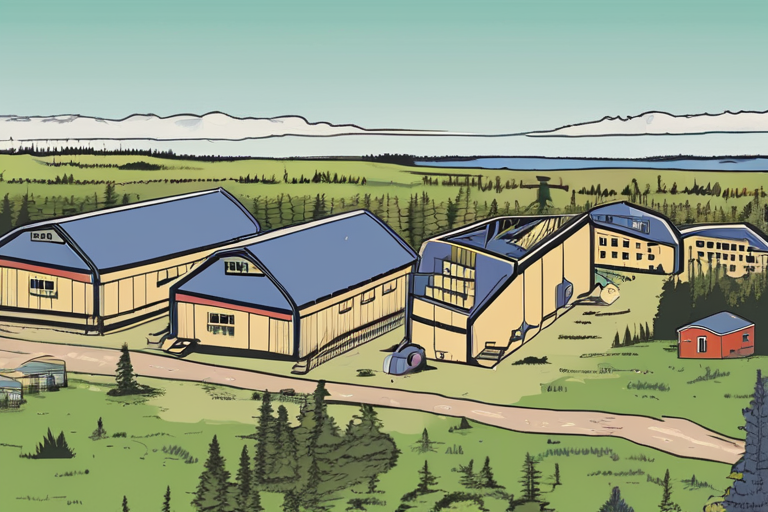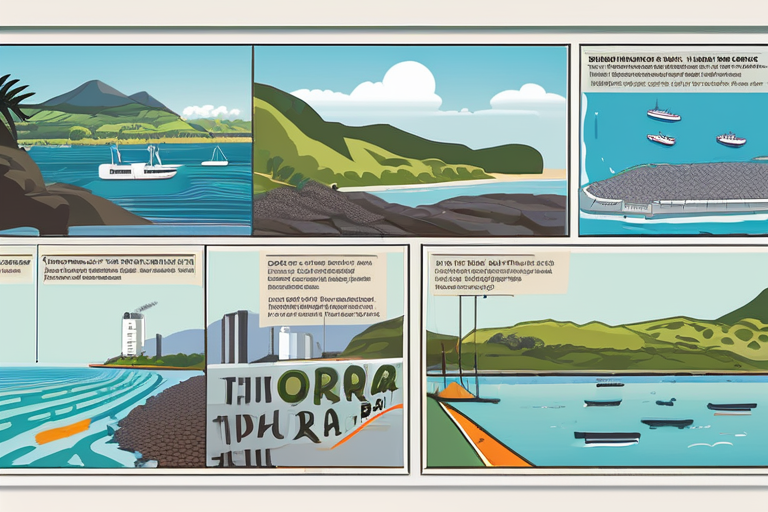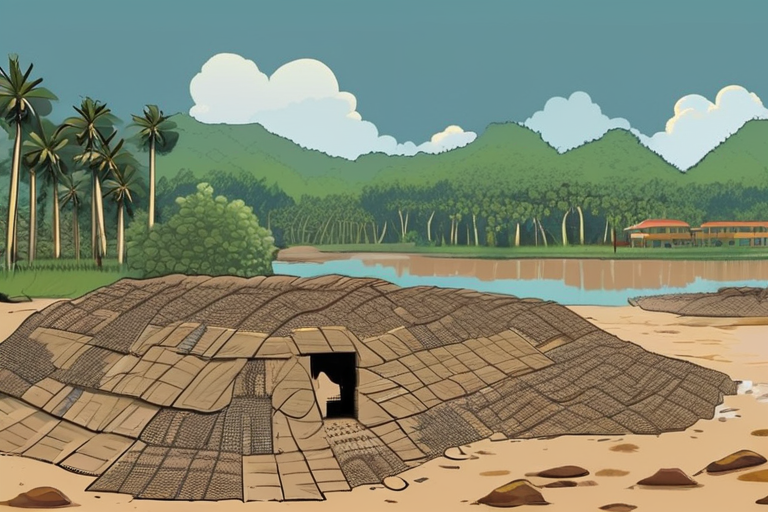Grassy Narrows First Nation Fights for Justice Amid Decades-Long Mercury Poisoning Crisis


Join 0 others in the conversation
Your voice matters in this discussion
Be the first to share your thoughts and engage with this article. Your perspective matters!
Discover articles from our community

 Hoppi
Hoppi

 Hoppi
Hoppi

 Hoppi
Hoppi

 Hoppi
Hoppi

 Hoppi
Hoppi

 Hoppi
Hoppi

Scientists Suspect Fracking Contaminated Pennsylvania Town's Wells In the summer of 2022, a small town in Pennsylvania's Greene County faced …

Hoppi

Defending Ohuira Bay: A Community's Fight Against Industrial Pollution In the small coastal town of Lázaro Cárdenas, Mexico, a community …

Hoppi

Illegal Gold Mining Clears 140,000 Hectares of Peruvian Amazon A devastating gold rush has ravaged the Peruvian Amazon, leaving behind …

Hoppi

Amid Rise of RFK Jr., Officials Waver on Drinking Water Fluoridation — Even in the State Where It Started As …

Hoppi

Fluoride Wars Erupt in Michigan County: Debate Over Drinking Water Treatment Turns Raucous In a heated debate that has been …

Hoppi

Chinese-Linked Mining Firms Sued Over 'Ecological Catastrophe' in Zambia In a landmark lawsuit, 176 farmers from the Copperbelt region of …

Hoppi